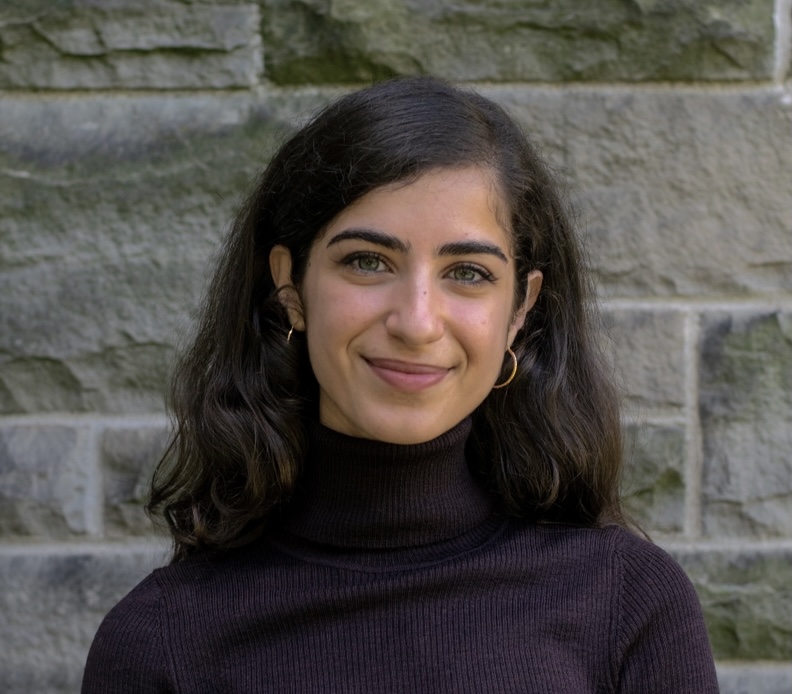On the Role of Transparency in Building Inclusive and Trustworthy AI Systems
Abstract
Transparency is widely acknowledged as a foundation of responsible, inclusive, and trustworthy artificial intelligence (AI). This talk examines how transparency requirements can be articulated and operationalised throughout the AI system lifecycle. As a case study, I draw on the Australian Government’s mandate requiring public agencies to publish AI transparency statements. Based on an analysis of 100 such statements, I highlight the breadth and depth of interpretations and reveal key patterns and gaps in how transparency is currently understood and communicated. I argue that core practices from requirements engineering, especially continuous stakeholder engagement, can provide a structured foundation for embedding transparency and inclusion into the design, development, and governance of AI systems. This approach moves beyond superficial compliance and toward transparency as a socio-technical commitment grounded in shared understanding and traceable justification.
Bio
Professor Didar Zowghi is Senior Principal Research Scientist at CSIRO’s Data61, leading research on Diversity and Inclusion in AI and Requirements Engineering for Responsible AI. She is also Emeritus Professor at the University of Technology Sydney and Conjoint Professor at the University of New South Wales. At UTS, she held several leadership roles over 22 years, including Deputy Dean of Graduate Research and Head of Software Engineering, after earlier work in the UK and Australian software industry. Her 25+ years of research focus on requirements engineering, evidence-based methods, and human-centred design, with extensive supervision and international collaborations. She has served the IEEE RE community in key leadership roles, receiving its Lifetime Service Award in 2019, and was named IEEE Computer Society Distinguished Educator in 2022. She has published 250+ articles with 140 collaborators from 40+ countries, and regularly delivers keynotes on software engineering, Responsible AI, and diversity and inclusion.

